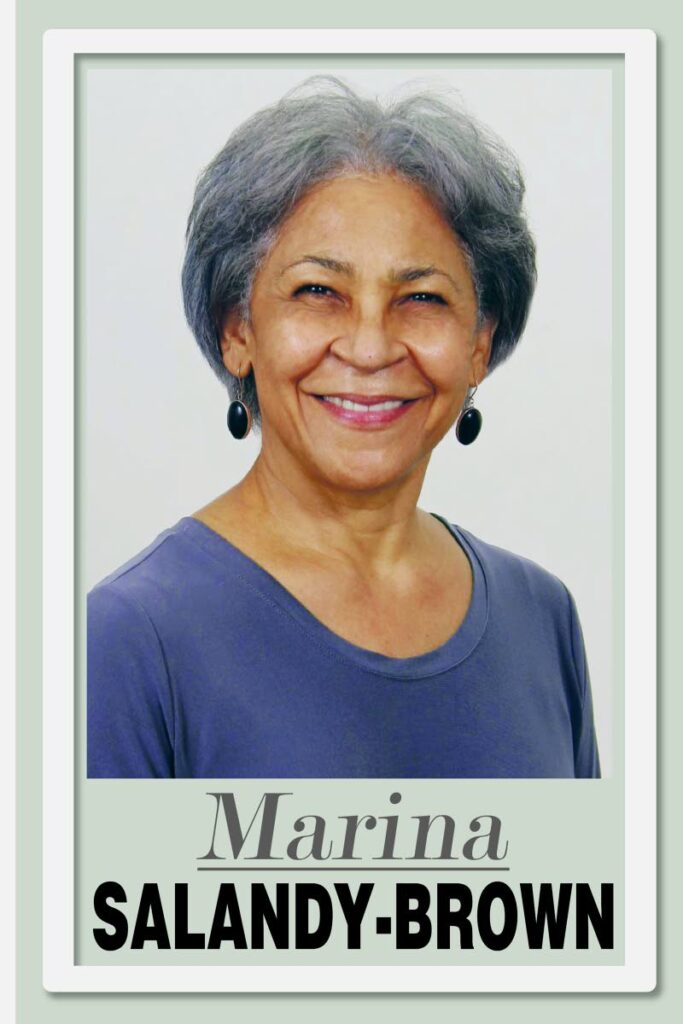We don’t all like it so

These Books Are Not For Reading was the name of the programme I made as my set piece for an early-career BBC producer training course. It won me plaudits for its technical proficiency, but more important was the novelty of the subject.
I had been to the annual London Antiquarian Book Fair and had come across some extraordinarily designed books with sculpted covers, some extremely precious books with gilded spines and exotic calligraphy, some very old texts from centuries past and all over the world, some in languages hardly spoken nowadays. What they all had in common was that their rarity value meant they were not meant to be touched or to be read, but to be possessed, to be collected and put on elegant shelves, behind glass doors in expensive homes and libraries in Dubai, London, Berlin, Tehran, Paris or New York, or to be traded by antiquarian booksellers.
I was reminded of that little creative gem when I read a news report last week on the official website of the Department of Homeland Security, US Customs and Border Protection (CPB).
The headline was Memphis Seizes a Cocaine Cookbook from Trinidad & Tobago.
It is well known that marijuana is dished up in many imaginative culinary ways, but I had no idea that cocaine was equally versatile. It may be, but that was not the story and there were no such recipes in the much admired and widely used, “updated and revised edition” of Multicultural Cuisine of Trinidad & Tobago & The Caribbean: The Naparima Girls’ High School Cookbook, which was intercepted by CPB officials in Memphis, Tennessee in February.
The officers had opened a package described as a high school textbook and found that many of the 500 recipes and 32 coloured photographs were partly missing. The centre of the book had been hulled to fit a rectangular package of cocaine weighing 147.6 grammes. It had come from TT and was heading to an address in New York City.
The Area Port Director had a sense of humour, asking rhetorically, “How was the recipient intending to cook his traditional callaloo, with all the pages cut up and replaced with cocaine?”
Good question. It was another case of a book not meant for reading.
My own sense of humour is always tested when the NGO I preside over, which is engaged in developing and promoting writers, books and Caribbean literature, has the majority of the book parcels and large envelopes opened, and depending on how the Customs officer is feeling on the day, s/he would slap on a huge tax or handling charge or some seemingly arbitrary cost.
Some packages sent by hopeful writers entering their new books for one of our prizes could cost our cash-strapped NGO three times the resale value of the book to receive it. The charges would include an “online order” charge, VAT, handling charges etc. None of which has anything to do with us, since we do not order books or even necessarily expect them. We certainly don't sell the books; rather, we donate them to the many book-starved entities, including our national library service, which has been facing financial challenges in purchasing books.
So, Customs may be looking for illegal imports, but the random charges make me suspicious.
Being suspicious, however, is leading to paranoia. For example, to add another signatory to our NGO account our bank is demanding 12 items, including the last three years of audited accounts, a company utility bill, two IDs for each signatory, etc. to avert fraud. And for all that, TT is still an above-average corrupt country, according to the Transparency Institute of TT (0 equals low, and we rank 41 out of 100).
Our former attorney general was right that streamlining processes increases efficiency and reduces corruption, but there is deep-seated reluctance to regularise anything, according to one very senior public figure, because corruption thrives in the cracks: hence the expression “we like it so.”
It’s a cynical view, but the extreme measures the bank imposes, I assume partly arising from the Non-Profit Organisations Act, and which the ex-AG dubbed the “tools necessary to root out malfeasance,” do not aid ease of business or even effectively stem corruption. Therefore, they may not be the right tools –sledgehammers to crack nuts. Many worthwhile NGOs cannot meet these criteria, and this country severely needs their contribution to civil society.
So how do we strike a balance? Legislation sets standards and so changes society, but Justice Ulric Cross always said that unenforceable laws are bad laws and produce a counter-effect.
Let’s see what raft of legislation our newly appointed AG introduces. We face difficult times, and putting millstones around innovative necks is not the answer.
Public trust is an issue, too. Our former AG believed that “what will take us from a score of 40 to 100 will be to see the Judiciary deliver by judgments the many thousands of matters the police have brought to the fore.” Well, there’s nothing wrong with hope.

Comments
"We don’t all like it so"